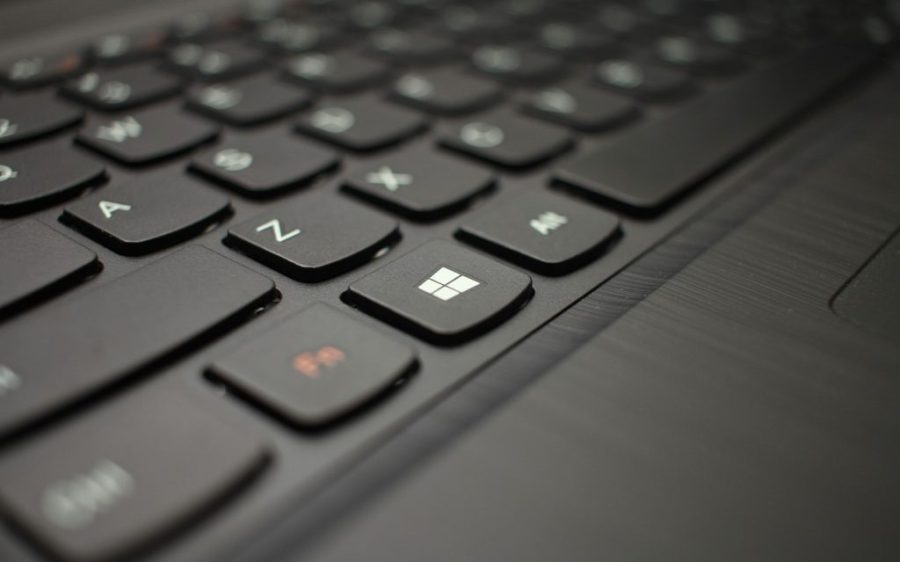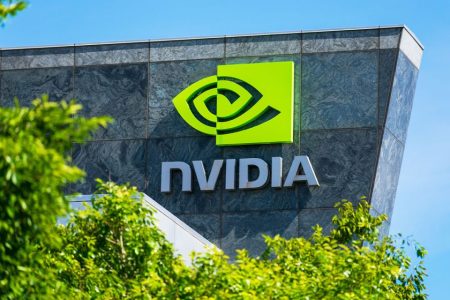AI is becoming even more seamlessly integrated with the launch of new Windows laptops, dubbed “CoPilot Plus PCs,” that come with an advanced AI assistant with a multitude of capabilities.
The assistant, dubbed CoPilot, was showcased by Microsoft yesterday according to various media outlets.
One of its functions, Recall, tracks users’ online activities, fetching files, programs and websites in an intuitive manner. Addressing privacy concerns, Microsoft’s corporate vice president Yusuf Mehdi said that the company was “going to keep [user’s] Recall index private, local and secure on just the device,” adding that users were “in complete control” of the data.
Another key feature of the laptops is their ability to generate images from text prompts locally. Various third-party apps will integrate with the AI system, including Adobe Photoshop, DaVinci Resolve Studio and LiquidText.
[See more: Google adds AI to its search function, sparking controversy]
“We are entering a new era where computers not only understand us, but can anticipate what we want and our intents,” Microsoft’s CEO Satya Nadella said during the event.
Unlike generative AI tools such as ChatGPT, which are cloud-based and expensive to maintain, Microsoft’s AI system runs entirely from the computer. This means it is less powerful but it also reduces costs and response time.
The CoPilot Plus computers will be available as Microsoft Surface devices, as well as laptops manufactured by brands such as Acer, Asus and Dell. They will be available for purchase for a starting price of US$999 on 18 June, although pre-orders are now available.
Microsoft’s announcement comes on the heels of Google’s implementation of AI into its search engine last week. Next month, Apple is expected to reveal its progress on AI technology during its annual Worldwide Developer Conference.






